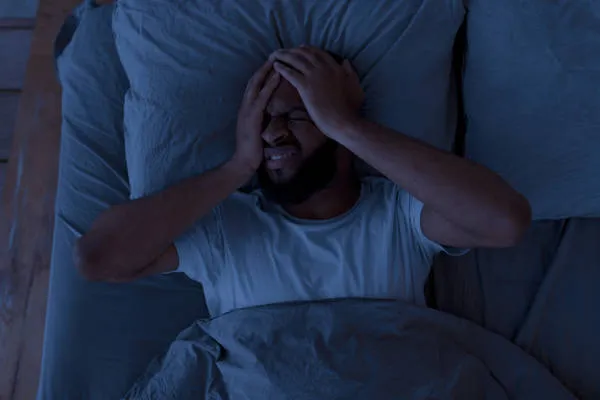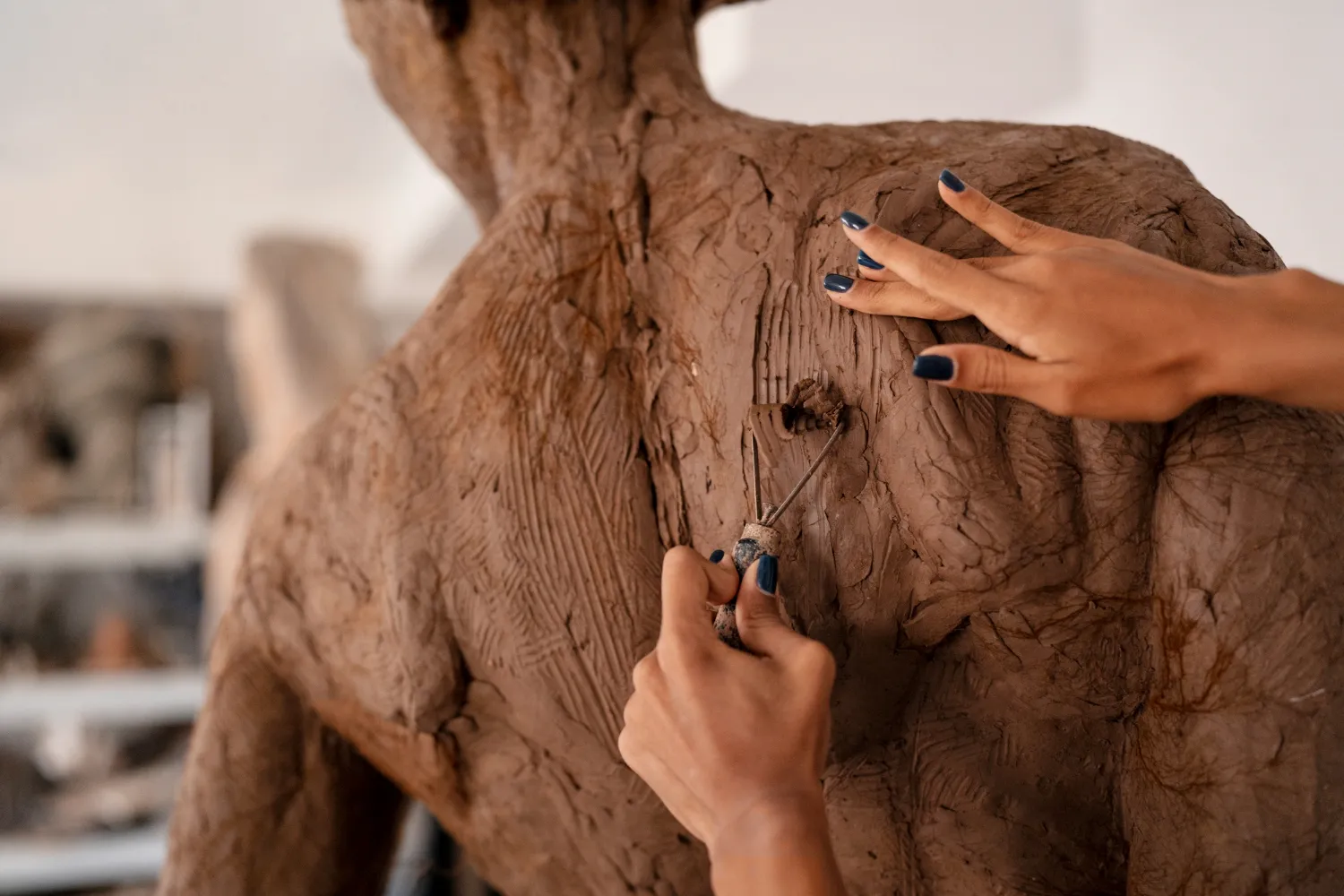Embracing Vulnerability: My Journey Through Insomnia II

In the silent depths of night, while the world embraced dreams, I found myself ensnared in a relentless battle: insomnia. It was more than sleep eluding me; it was a struggle that permeated every fiber of my existence. Today, I share my tale not just for compassionate hearts but for skeptics and professionals who might question the profundity of this ordeal.
I. The Loneliness of Sleepless Nights
In insomnia’s grip, reality twisted. Sleep, once a nightly gift, became an unsolvable riddle. The isolation of those sleepless nights echoed through my days. My insomnia was not a recent adversary; it was an intricate part of my life, deeply woven into my existence. It intensified three years ago after I lost my father, morphing from occasional restlessness to an all-consuming force. Anxiety, my constant companion, graduated from a manageable level to an acute condition, with insomnia as its relentless professor. For two years, I lived on a mere 2-3 hours of sleep, navigating life’s demands in a fog of exhaustion.
II. The Stigma Surrounding Insomnia
Insomnia carries a stigma, misunderstood by those fortunate enough to slip effortlessly into dreams. It’s more than restlessness; it’s a disruption that seeps into every aspect of life. To the skeptics, imagine a mind fogged with exhaustion, emotions frayed, and patience worn thin. Insomnia is more than sleeplessness; it’s a ceaseless battle.
III. Seeking Help: A Vulnerable yet Courageous Act
Acknowledging my insomnia was pivotal. To the professionals, recognize the courage it takes to seek help. Vulnerability is not a sign of weakness; it’s a testament to resilience. I reached out to therapists and sleep specialists, laying bare my soul for solace. Therapy and sleep studies became my allies in this fight, where vulnerability became my greatest strength.
Twelve months ago, I made the decision to confront my insomnia head-on. Counseling, medication, and a myriad of lifestyle changes became my arsenal against sleeplessness. Techniques like Cognitive Behavioral Therapy for Insomnia (CBT-I), exercise, and meditation became my lifelines.
IV. The Impact on Daily Life
Insomnia infiltrates every moment, turning simplicity into complexity. Imagine a world shrouded in weariness, where even a smile demands monumental effort. It’s a battle that requires unmatched resilience.
This month, after eleven months of respite, insomnia revisited. However, this time, it was different. It wasn’t anxiety-induced; it was a lingering echo of my therapeutic battles, a reminder of the questions asked, the vulnerabilities revealed, and the self-understanding attained.
V. Understanding Insomnia: Types and Statistics.
Insomnia is diverse. Statistics reveal 30% suffer short-term insomnia, while 10% grapple with chronic insomnia. From onset to terminal insomnia, each type demands unique interventions.
In my recent bout, I realized that my insomnia wasn’t merely a return; it was my mind and body revisiting past struggles, attempting to comprehend the depths of self-awareness reached in therapy.
VI. Interventions and Hopeful Horizons.
I explored tailored interventions: CBT-I provided coping mechanisms, medication became a short-term aid, and relaxation techniques like meditation offered sanctuary.
In vulnerability, I found hope. By openly acknowledging my insomnia, I discovered strength. Connected with fellow warriors, we formed a community illuminating the path to healing.
Special tribute to the leadership at my employer, my Supervisor and Managing Director, and colleagues are supportive and curious enough to ask ques
VII. A Call to Understanding.
To skeptics and professionals, mental health demands empathy. My insomnia journey taught me compassion’s healing power. Let’s obliterate stigma, one story at a time, embracing vulnerability as a beacon of hope for those in darkness.
In vulnerability’s echo, I extend my hand. Whether fellow insomniac or skeptic, understand this: our vulnerabilities don’t weaken us; they define us. Together, let’s rewrite the narrative, one conversation at a time.
By Sunday Ndunguru Kapesi









